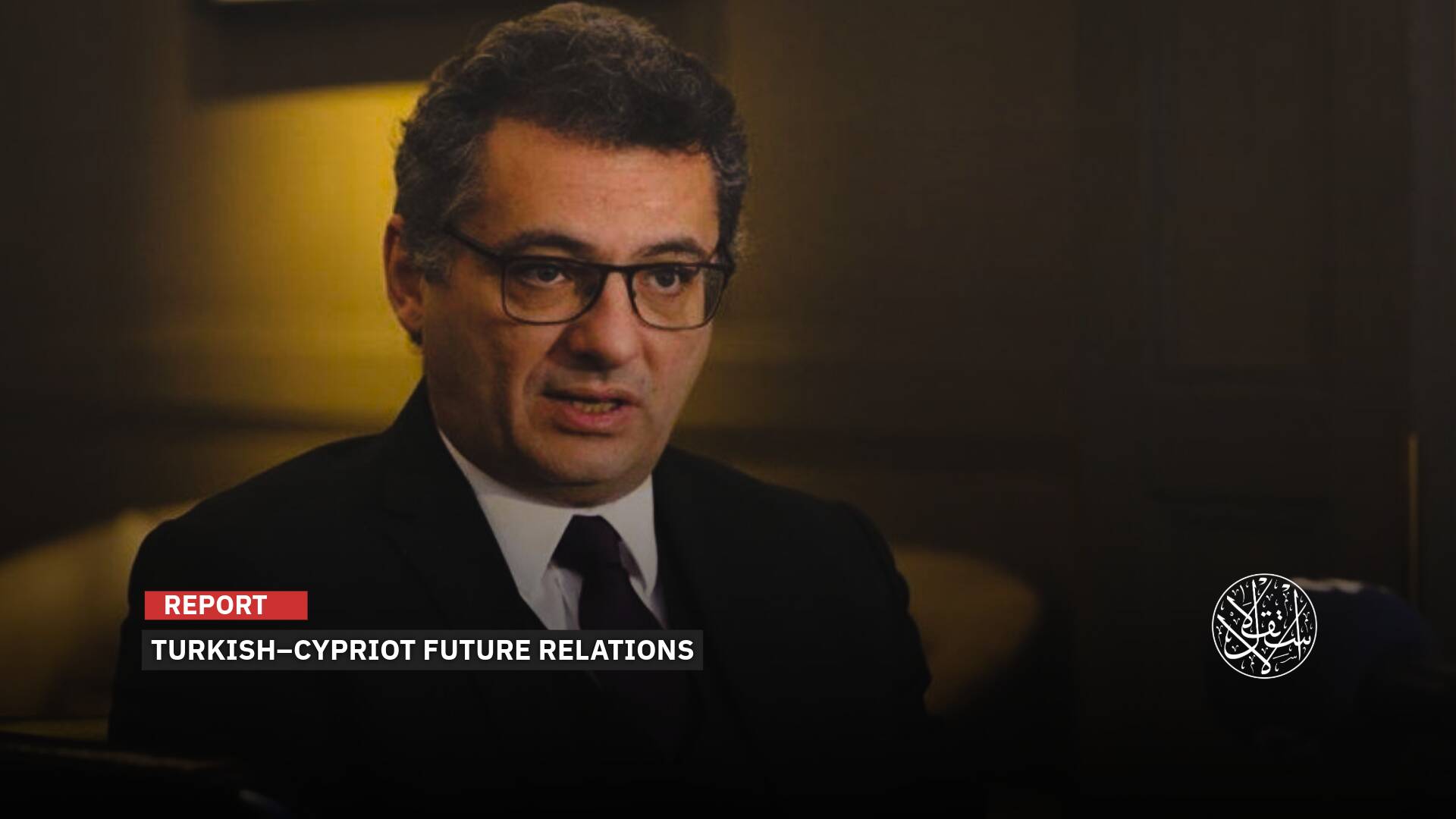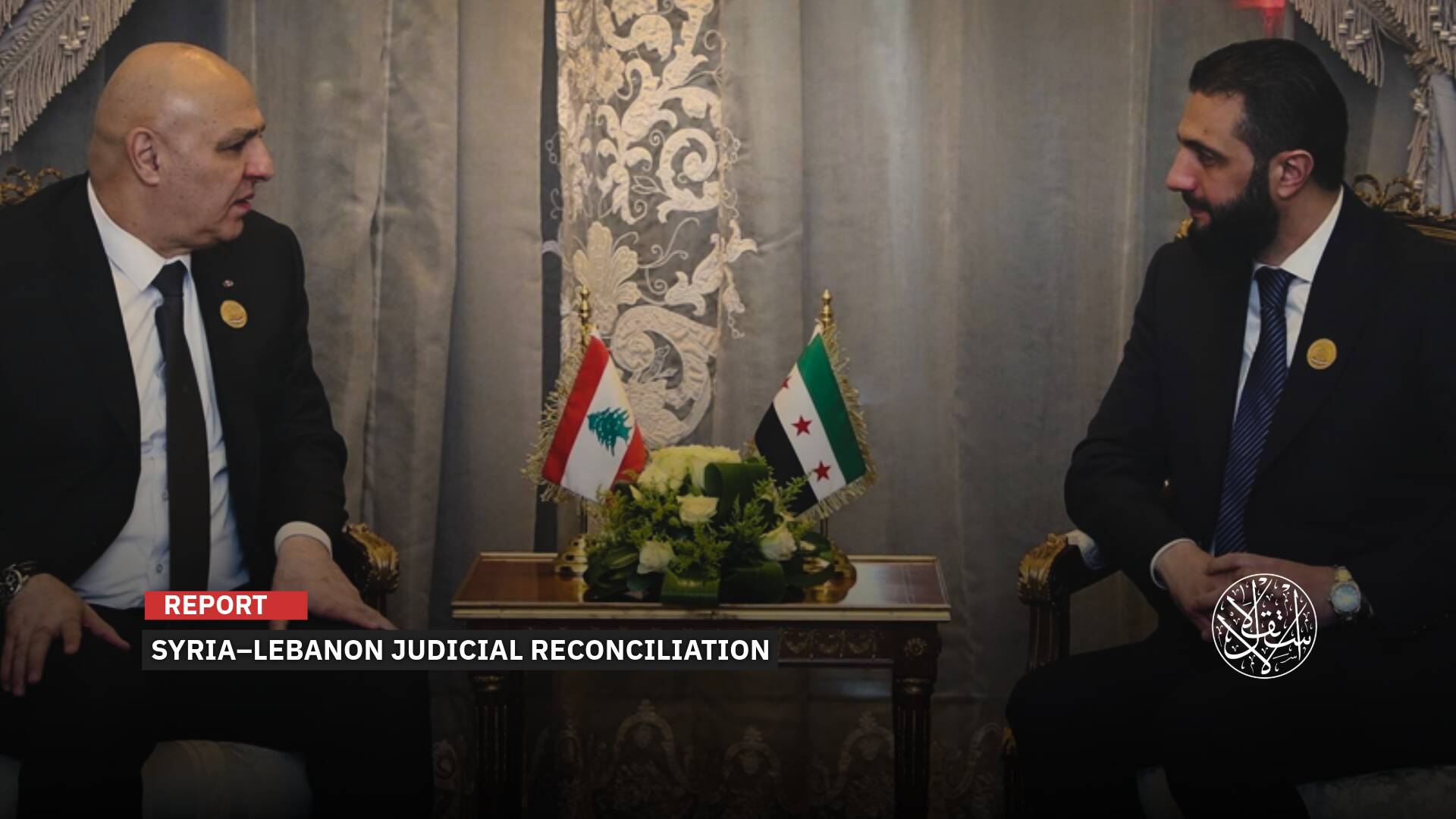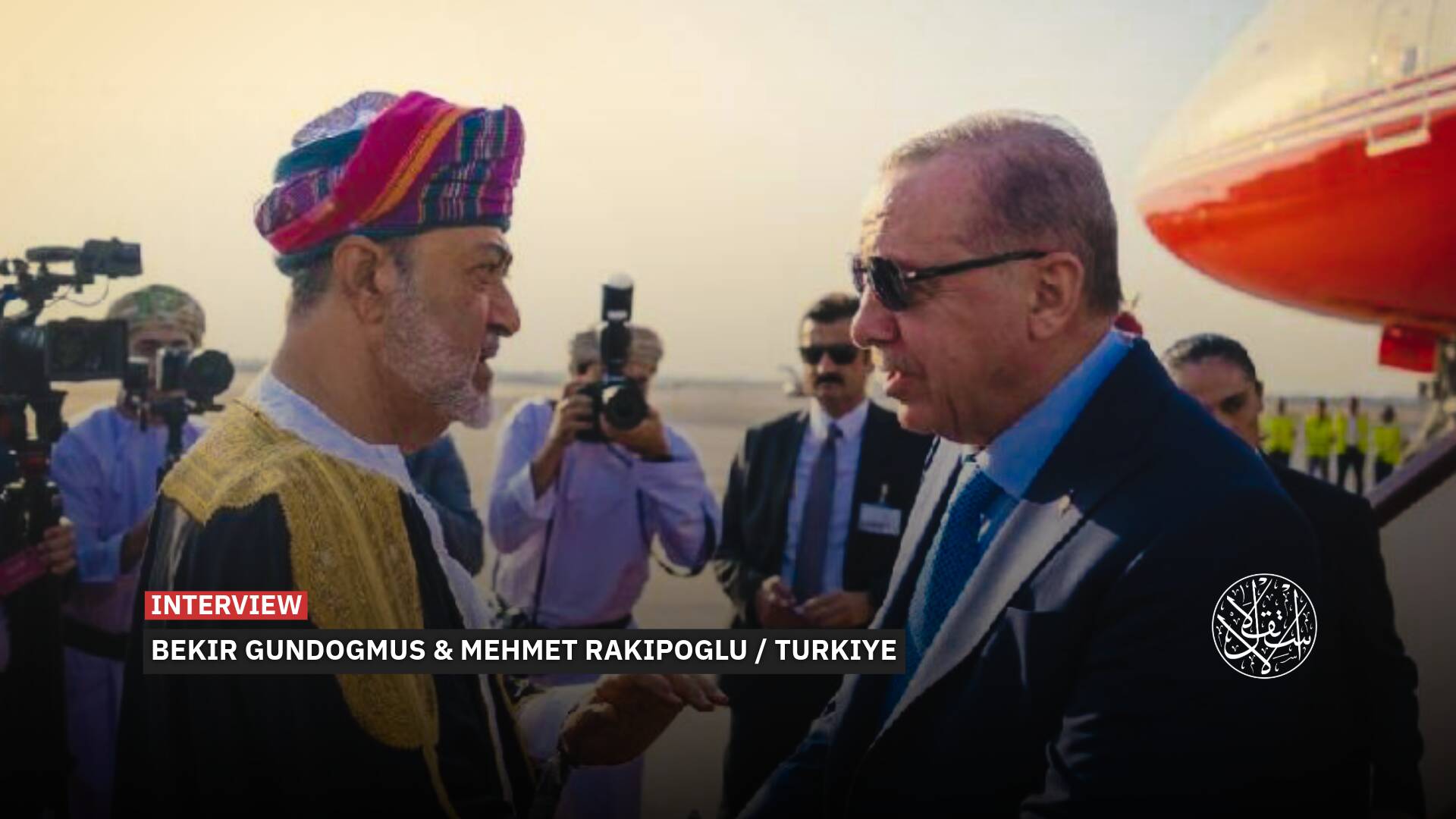Mohammed Abed al-Jabri; A Moroccan Thinker Attacked by Both the Islamists and the Leftists

11 years ago, precisely on May 3, 2010, Moroccan philosopher and intellectual Mohammed Abed Al-Jabri left our world, known for his critique, leaving behind some 30 books, and an intellectual project that is the richest and most controversial.
Al-Jabri began his scientific career as his peers in the village’s "Kottab", mastering reading, writing, memorizing parts of the Qur'an, showing early genius, and excelling in mathematics and then in French.
Although Al-Jabri had a difficult childhood with separate parents, and grew up in slums and a harsh desert environment, he was able to overcome it and acquire a significant intellectual outcome that helped him produce a thought that fed a lot of minds and affected an entire generation.
Al-Jabri spent 45 years as a teacher and then a high school principal, and followed this by being an observer and educational mentor to philosophy teachers in secondary education, and then a professor of philosophy at the university.
He participated in the struggle against French colonialism of Morocco, joined the resistance during the 1950s, and after Morocco's independence in 1956, he was arrested in 1963 along with a number of leaders of the National Union of Popular Forces party and got arrested again in 1965 with a group of education men.
Al-Jabri was a leader of the Socialist Union of Popular Forces before resigning from the party in the early 1980s, retiring from politics and devoting himself to intellectual production.
In the 1960s, Al-Jabri worked in the media, for “Al-Alam” and “Al-Editor” newspapers, and contributed to the 1968 weekly "Aqlam" and "Palestine" magazines.

Strict Methodology
Al-Jabri began his life as a researcher in 1958, when he travelled to the Syrian capital Damascus for a bachelor's degree in philosophy, but he didn’t complete his university studies and returned to Morocco to join the "Young Moroccan University", where he completed his academic career and took a bachelor's degree in philosophy in 1964.
He then continued his studies and received his master's degree in 1967 after preparing a letter entitled "Moroccan Historical Writing Methodology", which introduced him to Ibn Khaldun as a sociologist.
Ibn Khaldun had occupied al-Jabri's attention, and then decided to have his PhD studies on him, entitling his thesis "Solidarity and the State: The Contours of Khaldounian Theory in Arab-Islamic History", and received his Doctorate in Philosophy from the Faculty of Arts in Rabat in 1971.
Ibn Khaldun's doctoral thesis motivated him to re-address Arab thought, and was influenced by the theory of the genetic knowledge of the Swiss Jean Piaget, in which he addressed how the "spirit of theology", jurisprudence, philosophy and literature were formed.
As for his academic and intellectual life, he began as a professor of Arabic philosophy, philosophy and Islamic thought at Mohammed V University in Rabat since the late 1960s, where he taught the theory of knowledge and philosophy at the time, and specialized in teaching "epistemology" and cognitive systems, systems he became famous for in his writings.
Al-Jabri said the Arab mind is "backward and imitating the West", and said there has been a "fundamental defect" in its civilizational and cultural composition throughout history.
This is why he focused in his writings on answering the question: Why did we lag behind and the West moved forward? He tried to answer this question in 30 books that represented intellectual projects that varied between identity, heritage, democracy and criticism.
His writings on the "Arab mind" were his prominent works and the essence of his writings, he authored: “The Composition of the Arab Mind”, “The Structure of the Arab Mind”, ``The Arab Moral Mind”, and “The Arab Political Mind”.
In these books, Al-Jabri relied on the anatomy of the "Arab mind" from the 2nd Hijri Century to the present, and through these writings he tried to analyze and study the constituent societies and cultural, linguistic and social influences in the Arab mind.
Al-Jabri, critical of the Arab mind, is meant to talk about the crisis in thought, and in his critical and philosophical project, Al-Jabri was known for his strict methodology, a project that came after a multi-stripe intellectual, community and political experience in Morocco.
Al-Jabri called for the renewal of contemporary Arab thought, and saw that his thoughts are positioned in three categories: "Religious Salafism," "Orientalist reading" and "left-wing reading."
Al-Jabri said that these readings are "all Salafis, although their starting points differ", since the difference between them is the type of predecessor behind which each current is lurking, the Orientalist reading was preceded by Europe’s Intellectuals, and the left-wing reading lurks behind its Marxist predecessor, while religious Salafism lurks behind the "generation of pious predecessors".
Islamists Criticism
Al-Jabri was criticized by the traditional Islamic school for what it called Al-Jabri's "deviations", and saw on a number of points, including what they called his "anti-Islamic attitude", as well as his call for renewing the rules of fundamentals and rebuilding the methodology of thinking about Sharia.
The Islamists argued that al-Jabri's call to renew or change the rules of fundamentals in a way that keeps pace with the times and keeps pace with development "entails a number of religious violations", such as the abolition of the religious punishments, such as cutting off the hand of the thief and flogging the drinker, and turning the Islamic faith into a thought subject to opinion and diligence.
In his call for the renewal of jurisprudence and fundamentalism, Al-Jabri considered that the punishments were not an end in themselves, but rather means of deterring individual conflicts that affected the interests of the group and the nation, and therefore considered that imprisonment would do the job, a punishment that was not common or applicable to the Muslim community in its early days.
Al-Jabri also argued that Salafism, which is intended to refer to the pious ancestors, is not suitable for the Islamic nation of the present day, in order to maintain its existence and continuity.
He considered that the model to be inspired in order to rebuild oneself was two experiences: The first was the " the historical experience of the Arab nation as a whole", regardless of who had produced the experience and its accordance with right and wrong, and the second: the historical experience of various other nations.
Al-Jabri was also severely attacked after a statement that "the Qur'an was distorted", and he wrote an article in the UAE newspaper “Al-Ittihad” in 2006, in which he said that "the Qur'an was distorted and verses fell from it".
Liftists Criticism
In addition to the criticism of Al-Jabri by the traditional Islamic establishment, he was criticized by left-wing thinkers, the most famous of which was the Syrian thinker George Tarabishi, who spent nearly 25 years producing critical works against Al-Jabri's project in the formation and criticism of the Arab mind.
Tarabishi criticized Jabari and wrote his book "Criticism of the Criticism of the Arab Mind", Tarabishi had praised Al-Jabri but later retracted that praise, and criticized Al-Jabri, saying that he discovered in the context of his studies and researches that Al-Jabri relied in some of his books on evidence "erroneous, cut from context and interpreted without context," he said.
In contrast to Al-Jabri's theory of cognitive systems (epistemology), which Al-Jabri is known for criticizing the Arab mind and its rigidity, Tarabishi summarizes his counter-theory, saying that "the mechanisms that led to the resignation of the mind and its fading in civilization are internal mechanisms stemming from self-retreat and shrinkage of this mind over itself and not from an external invasion," holding the mind accountable for "rising again".
One of the criticisms that Al-Jabri was subjected to by the left, and from Tarabishi in particular, was that he demanded that secularism be excluded from the dictionary of Arab thought, and that it be replaced by the slogan of democracy and rationality, which was a disappointment to some leftists, considering that Al-Jabri "relied on him as the pioneer of a knowledge revolution, not an ideological revolution".
Al-Jabri wrote: "In my opinion, secularism should be excluded from the dictionary of Arab thought and replaced by the slogans of democracy and rationality, which are considered arabization matching the needs of Arab society."
Al-Jabri received several awards, including the Baghdad Prize for Arab Culture in 1988, the Maghreb Cultural award In 1999, the “Intellectual Studies in the Arab World” in 2005, the Pioneers affiliated with the “Arab Thought Foundation” in 2005, the UNESCO Ibn Sinai Medal on World Philosophy Day 2006, and the Bin Rashid Award for Free Thought in 2008.









